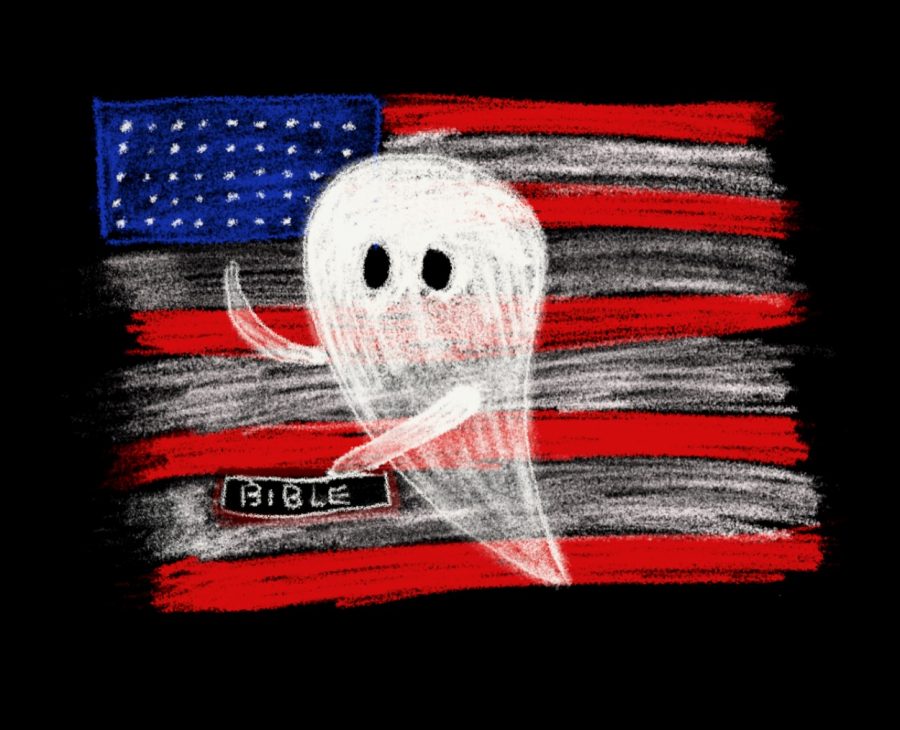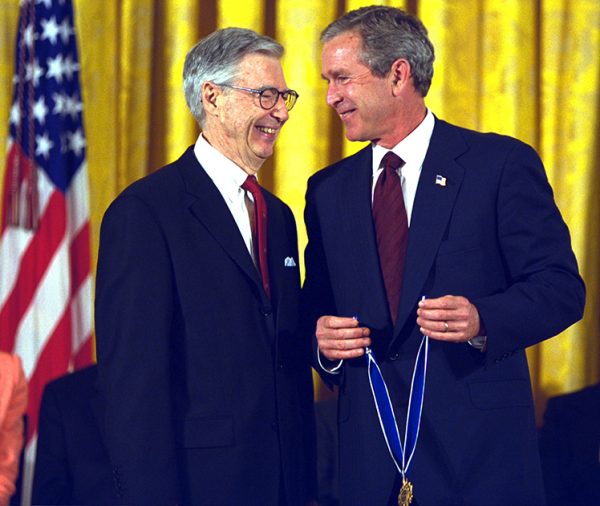COVID-19 Complicates Congressional Succession
As a political candidate, if your opponent died almost a month before the election, you might consider yourself lucky.
However, that wasn’t the case for North Dakota’s 8th Congressional District this year. David Andahl, a Republican candidate for the North Dakota House of Representatives, won the Nov. 3 election against his Democratic challengers by a landslide. Unfortunately for him, he won’t ever be able to take office.
On Oct. 5, Andahl, a farmer and rancher who was the chair of the Burleigh County Planning and Zoning Commission, passed away from complications due to COVID-19. He was 55.
Yet somehow Andahl won his district. It was too late to remove him from the ballot, but ideally at least someone else would have been elected or another candidate would have been set up to run in his place with a similar platform.
However, there was no way that a Democratic challenger would be able to win in North Dakota, a state that’s been giving its measly three electoral votes to the Republican candidate since the election of Lyndon B. Johnson in 1964.
Andahl is not the first deceased politician to be elected to a political position. In 2000, Missouri Governor and United States Senate candidate Mel Carnahan died in a plane crash three weeks before the election. Like Andhal, Carnahan had died too close to the election to be taken off the ballot and was elected by a margin of 2%. His Republican opponent withdrew out of respect for him, and Jean Carnahan, his wife, was appointed to the seat by the new governor of Missouri.
Other issues have arisen with candidates-elect dying before they could take office. On December 29, 2020, Luke Letlow, who had just been elected to the House of Representatives for Louisiana’s 5th District, passed away from COVID-19 complications. The governor responded to this by scheduling a special election in March to fill Letlow’s seat. Luke Letlow’s widow, Julia Letlow, is one of the candidates.
So what will happen with Andhal’s seat in the North Dakota House of Representatives since he won’t be alive to fill it? In November, North Dakota governor Doug Burgum tried to appoint Wade Boeshans, the President of BNI Energy, to the position. However, the state’s attorney general, Wayne Stenehjem, struck this down, saying that the appointment was “both inaccurate and untimely.” That’s it, for now.
The real issue with these situations is that voters can still cast their ballots for candidates who die close to elections like Letlow and Carnahan. This means that no matter who takes office, whether the representative is appointed by the governor or elected in a runoff, constituents are not going to see the candidates that they voted for in November take office. Even if their second choice wins a runoff, this causes a months-long delay between when the representative was supposed to take office and when they actually do. The solution to this is to just take the candidate off the ballot if they die. Don’t give voters the option to vote for a candidate that won’t be alive to take office. If there’s no real challenger from the same party, the election should be delayed. Then at least voters will get a chance to pick who they want for a position instead of having it filled by one person whose opinions are nowhere near representative of 700,000 people.
So unless somehow Governor Burgum finds a way to raise Andahl from the dead, no one is going to be satisfied with what happens with North Dakota’s 8th District. However, in light of not one, but two candidates having won their races but not being alive to serve their terms, hopefully the government will do something to fix this grave error.







